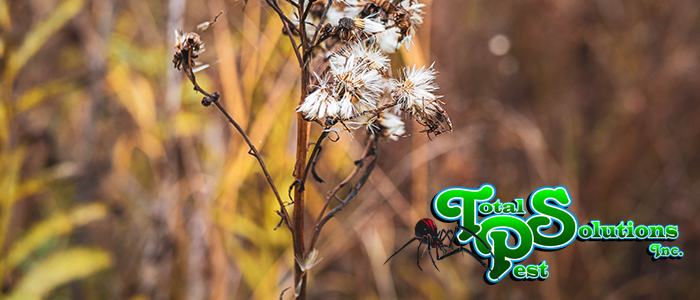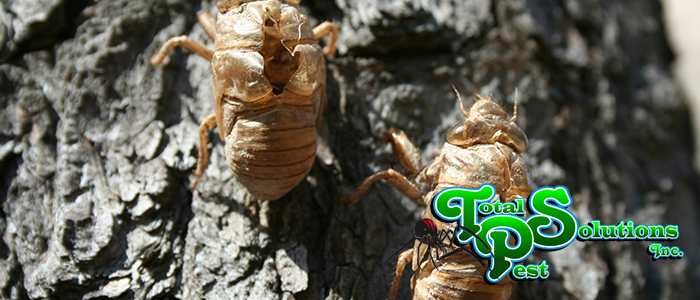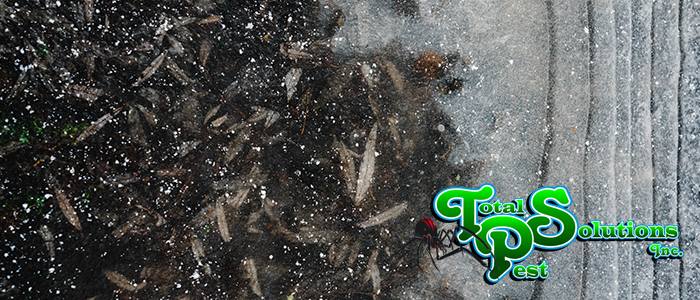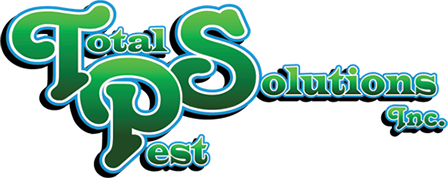
Gardening 101
With Spring and Summer quickly approaching, you may be considering starting a garden for the first time. It’s no wonder why – home gardening can transform your property, save costs on food, and is a gratifying skill in its own right. Read on to learn all about gardening 101 – your intro to gardening.
Plan Ahead
Once you’ve decided to start a garden, it’s essential to know what to grow – And to know what to grow, you need to learn what can grow in your garden. A quick online search will usually tell you when to expect first and last frost, and turning your plan into a discussion with friends and coworkers is a great way to find out what other gardeners have had success within your climate. Make sure you only grow the food you like!
With a general idea of what you’d like to grow, deciding where to grow it is essential as well. Food plants need around six hours of direct sunlight per day. Try to look for reasonably level areas with good drainage – You don’t want to plant your garden in a frost hollow, for example. These are low areas of ground where ice is more likely to form in the colder months.
Try to avoid planning on large or connected beds – Start small! A smaller planting area means less temptation to step in to get to the other side. When planning where to put your seeds or seedlings, arrange them in a grid with plenty of room for each plant to breathe, but close enough that it’s easy for you to work with them.
Last-Minute Prep
If you don’t have tools, you’ll need to get some. Don’t get plastic tools for preparing a garden – Even cheaper metal tools are well worth the investment. You’ll want a hoe, a garden shovel, a dirt rake, and hand tools such as a trowel and garden fork. If the area you want to garden is already grassy, you’ll need to break up the turf or cover it until it dies, which is best to do in the fall.
Clear your garden of weeds and unwanted plants other than grass as well – Pulling them up by the roots and discarding or mulching them. Rake and till the soil to disturb the depleted topsoil and expose the generally higher quality soil below.
When you have soil to work with, testing the pH is recommended. Most plants prefer a pH of 7, as well as soil which is rich in nutrients. Mulch and plant food are great options for ensuring your soil is rich and ready for your plants.
Planting
When your garden beds are ready, it’s time to plant your seeds or seedlings. If purchasing seedlings, avoid plants that are bigger than the planter. This usually indicates poor root health and will make the plant harder to work with. Also, avoid yellow leaves or spots not characteristic of the plant, as this could indicate you’ll be bringing home an insect problem as well.
As a beginning gardener though, few things are as exciting as seeing fresh seeds sprout into new plants. Try to plant from seeds to enjoy the complete process. Every plant has its own needs, so it’s essential to follow the package’s directions, though most seeds need to be buried a little over twice as deep as the seed is large. Plant seedlings as deep in the ground as they were in the pot.
Care
Plants typically need one inch of water per week. Avoid overwatering your plants, and if it rains, try not to add to the soil moisture as soil that is overly wet can cause root rot. Keep an eye out for weeds on a daily basis. When well managed, this process should take minutes out of your morning. Pests are another concern – and stressed plants attract pests. Birds pecking at seeds and seedlings are a concern, so you can try reflective aluminum foil in the garden to spook them. Avoid watering in direct sunlight, as on sweltering days, this can cause leaf burn.
Don’t be discouraged if one plant or another doesn’t work out. Take each yellow leaf as a learning experience, and see where you can grow from there.
In Conclusion
The success of your garden depends on you, which is why gardening 101 is so important. Plan ahead and take daily care to ensure the health of your plants. Whether you are growing for beauty or food, diligent care will ensure a harvest of whatever delight you and your garden will pursue.
continue reading
Related Posts
Auburndale’s Winter Weed Resurgence: Targeting Poa Annua As the vibrant
Davenport’s Pine Beetle Threats: Protecting Trees in Dormant Season As
Winter Roach Hotspots in Lakeland: Kitchen & Bathroom Prevention As







